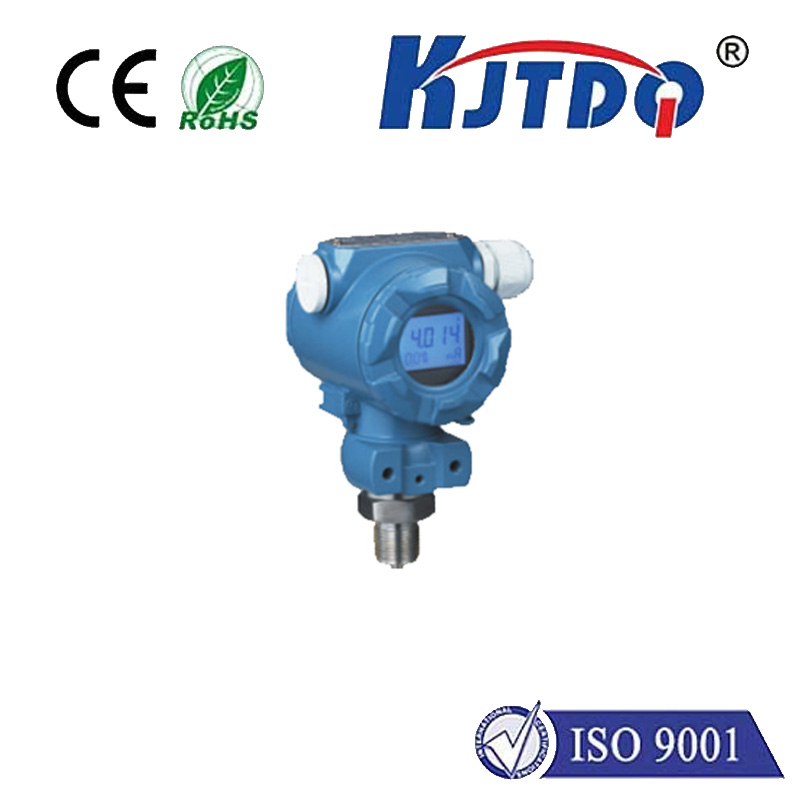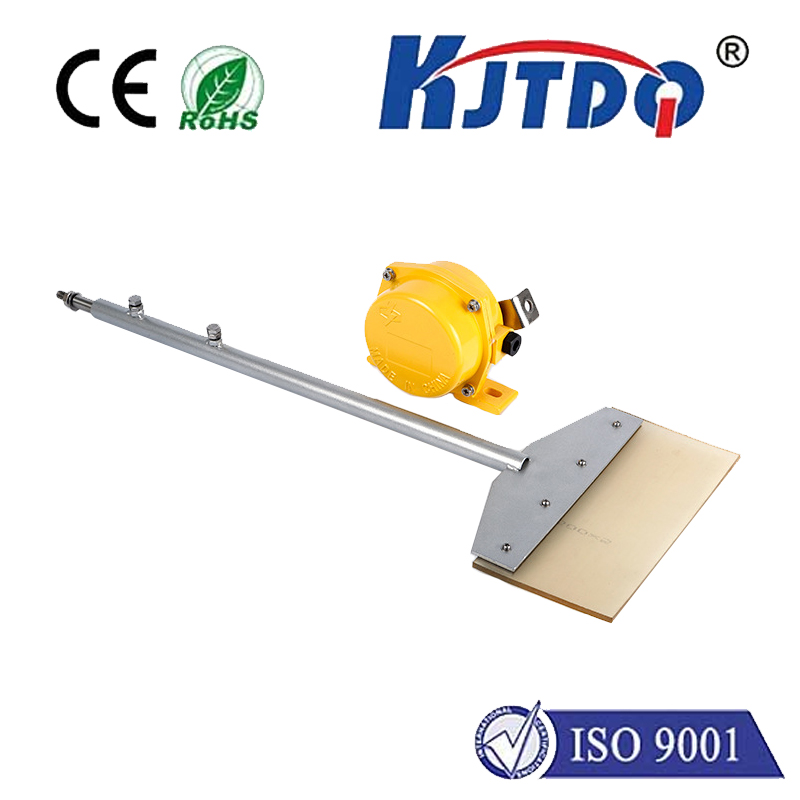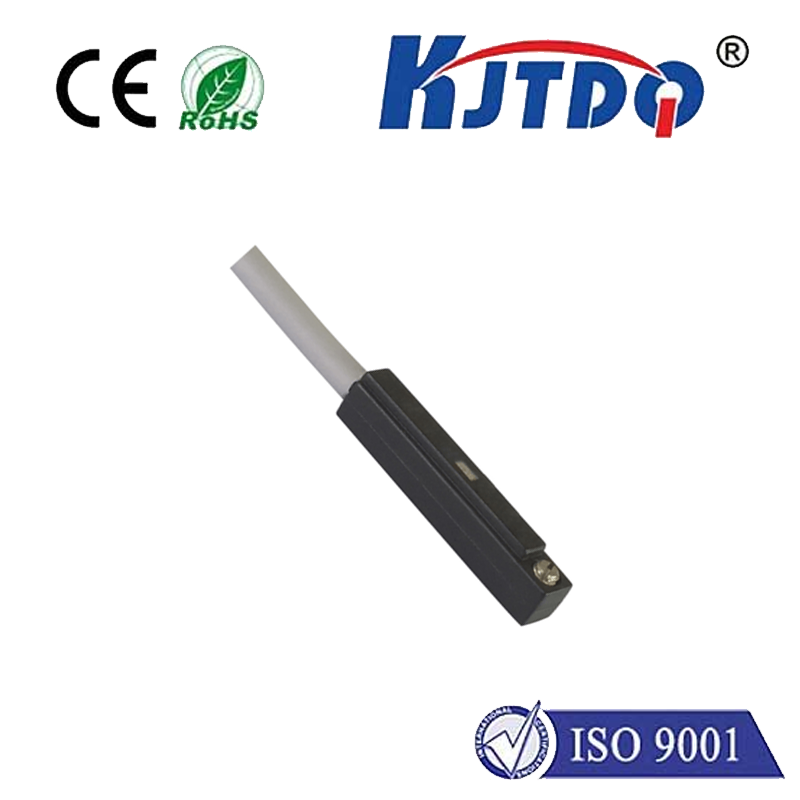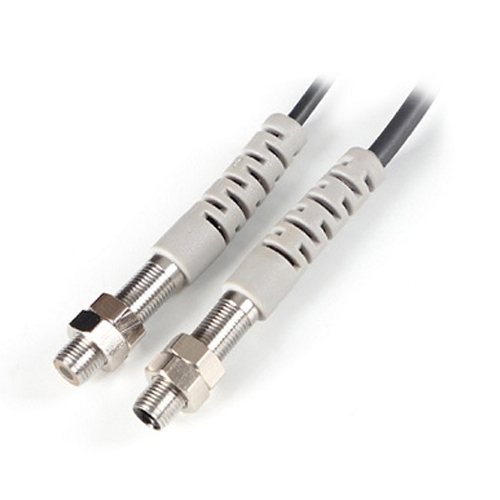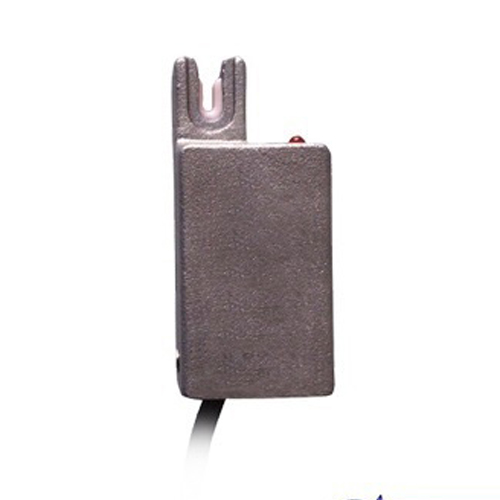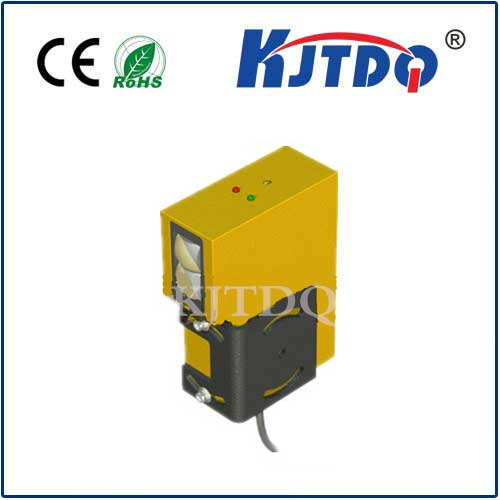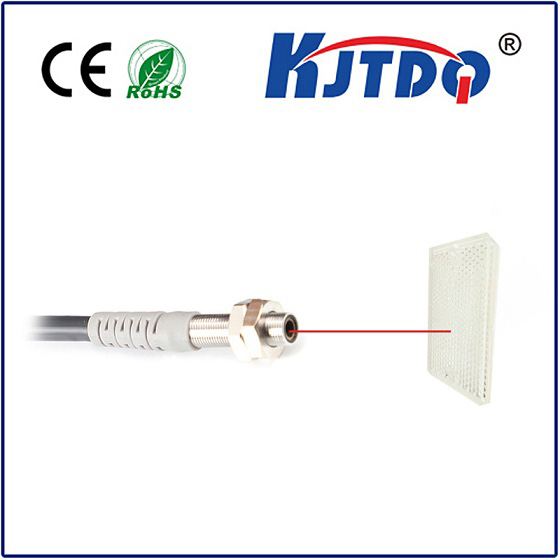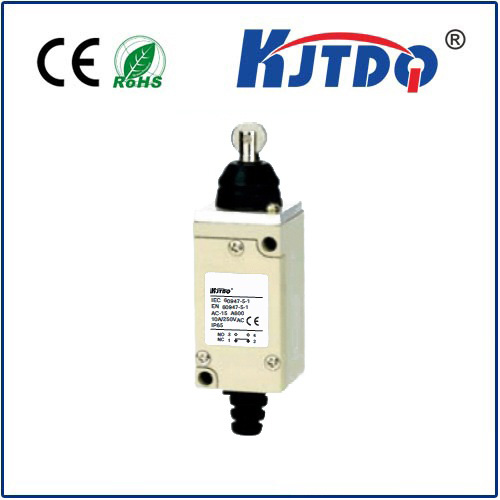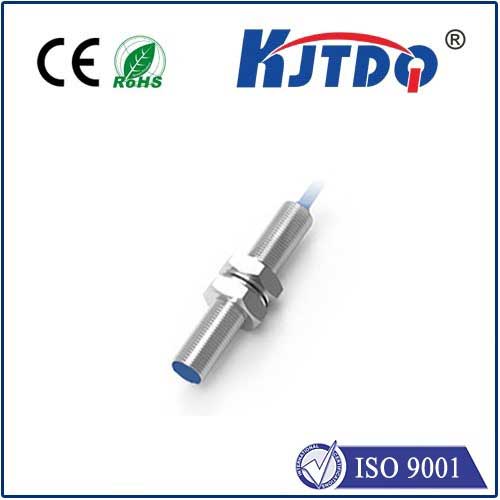MOS Laser Sensor: The Future of Light Detection
- time:2024-10-19 00:14:03
- Click:0

CMOS laser sensors have revolutionized the way we detect and measure light. These innovative devices utilize complementary metal-oxide-semiconductor (CMOS) technology to create highly sensitive, low-power, and cost-effective solutions for a wide range of applications. In this article, we will explore the features and benefits of CMOS laser sensors and discuss their potential impact on various industries.
What is a CMOS Laser Sensor?
A CMOS laser sensor is an electronic component that detects and measures the intensity of light using complementary metal-oxide-semiconductor technology. Unlike traditional silicon-based photodetectors, which require complex manufacturing processes, CMOS laser sensors can be easily integrated into existing semiconductor manufacturing lines. This allows for mass production at a lower cost and higher scalability.
The key feature of a CMOS laser sensor is its ability to convert incident light into an electrical signal. This is achieved through the absorption of photons by the sensor material, which generates electron-hole pairs. The density of these pairs is proportional to the intensity of the incoming light, allowing for accurate measurement and detection.
Benefits of CMOS Laser Sensors
- High Sensitivity: CMOS laser sensors are highly sensitive to light, making them ideal for applications that require precise measurements. They can detect even the faintest light signals, enabling accurate data collection and analysis.
- Low Power Consumption: One of the main advantages of CMOS laser sensors is their low power consumption. This makes them suitable for battery-powered devices and applications where energy efficiency is crucial. Additionally, their low power requirements make them environmentally friendly and cost-effective in the long run.
- Cost-Effective: Due to their simplicity and ease of manufacturing, CMOS laser sensors are more cost-effective than traditional silicon-based photodetectors. This makes them accessible to a wider range of industries and applications, from consumer electronics to industrial automation.
- Scalability: CMOS laser sensors can be easily scaled up or down depending on the specific needs of an application. This flexibility allows for customization and optimization of the sensor’s performance, enabling it to meet the unique requirements of each use case.
Applications of CMOS Laser Sensors
CMOS laser sensors have a wide range of applications across various industries, including:
- Medical Imaging: CMOS laser sensors are used in medical imaging equipment such as MRI machines and X-ray scanners to detect and analyze images with high precision. Their high sensitivity and low power consumption make them ideal for use in portable diagnostic devices and wearable health monitors.
- Automotive Industry: CMOS laser sensors are employed in automotive safety systems, such as lane departure warnings and adaptive cruise control, to detect obstacles and other vehicles. Their fast response time and high accuracy make them essential for improving road safety and reducing accidents.
- Industrial Automation: In industrial automation, CMOS laser sensors are used for precision measurement and control tasks, such as dimension measurement, object tracking, and robotic guidance. Their scalability and cost-effectiveness make them suitable for large-scale deployment in manufacturing plants and warehouses.
- Consumer Electronics: CMOS laser sensors are also finding applications in consumer electronics, such as smartphones and tablets, where they enable advanced features like facial recognition and gesture control. Their compact size and low power consumption make them ideal for integration into portable devices.
In conclusion, CMOS laser sensors represent a significant advancement in light detection technology, offering high sensitivity, low power consumption, cost-effectiveness, and scalability. As these innovations continue to evolve, they have the potential to transform various industries by enabling more accurate, efficient, and sustainable solutions for light detection and measurement







